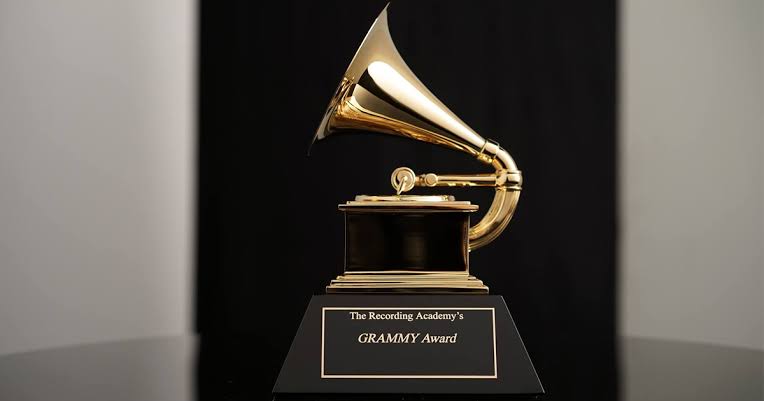Grammy Renames Controversial ‘Urban Contemporary’ Award Category To ‘Progressive R&B’

The Recording Academy, organizer of Grammy Awards has on Wednesday announced a number of changes to its category names, including changing controversial ‘urban contemporary’ to ‘progressive R&B.’
The announcement comes amid growing criticism in the music industry over the term ‘urban’ that has long generalized genres including hip-hop and R&B.
It is argued that the term is belittling the innovation of black music.
The academy has now said;
The renamed category is intended to highlight albums that include the more progressive elements of R&B and may include samples and elements of hip-hop, rap, dance, and electronic music. It may also incorporate production elements found in pop, euro-pop, country, rock, folk, and alternative.
The origin of the term’s use in music jargon was not initially negative as it was coined by a black New York radio DJ in the 1970s as a synonym for black music.
However, many believe it is now considered an umbrella term that marginalizes the work of black music, especially as hip hop and R&B are among the globe’s most popular genres.
Past winners of the Grammys ‘Urban Contemporary’ prize include Lizzo’s ‘Cuz I Love You,’ Beyonce and Jay-Z’s ‘Everything Is Love’ and Beyonce’s landmark visual album ‘Lemonade.’
In its rechristening announcement, the academy said it would also change ‘Best Rap/Sung Performance’ to ‘Best Melodic Rap Performance,’ which is to represent the inclusivity of the growing hybrid performance trends within the rap genre.
The academy however did not completely drop ‘urban’ as it remains in categories including the newly titled field ‘Best Latin Pop or Urban Album.’
The category for best Latin rock, urban or alternative album has also been given a new title – best Latin rock or alternative album.
The academy told Rolling Stone media that;
We understand that in the current climate, sentiment might be changing. We are continuing to follow the conversation and are committed to making necessary adjustments.
Similarly, the Recording Academy changed one of the criteria for eligibility of the controversial but prestigious ‘Best New Artist’ award, by removing the requirement which capped a specified number of releases.
Months after the outbreak of scandal in Los-Angeles-based organization, triggered when its now-sacked CEO was accused of sexual harassment and voting irregularities, the body has announced changes within its Nominations Review Committee.
The academy set term limits for the membership committee and vowed to better scrutinize conflicts of interest in the nomination process.
